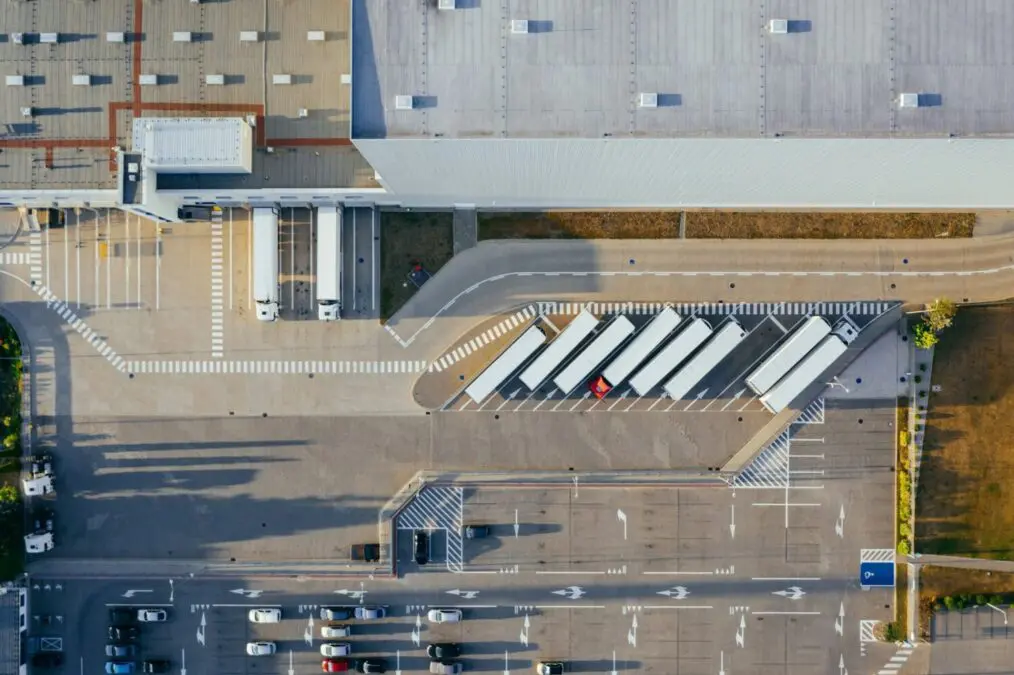With 297 votes in favour, 190 against and 37 abstentions, Parliament adopted the deal reached with the Council on the Euro 7 regulation (type-approval and market surveillance of motor vehicles). Vehicles will need to comply with the new standards for longer, ensuring they remain cleaner throughout their lifetime.
Reducing emissions, increasing battery durability
For passenger cars and vans, the current Euro 6 test conditions and exhaust emissions limits will be maintained. For buses and trucks, stricter limits will be applied for exhaust emissions measured in laboratories and in real driving conditions, while maintaining the current Euro VI testing conditions.
For the first time, EU standards will include brake particles emissions limits (PM10) for cars and vans and minimum performance requirements for battery durability in electric and hybrid cars.
Better information to consumers
An Environmental Vehicle Passport will be made available for each vehicle and contain information on its environmental performance at the moment of registration (such as pollutant emission limits, CO2 emissions, fuel and electric energy consumption, electric range, battery durability). Vehicle users will also have access to up-to-date information about fuel consumption, battery health, pollutant emissions and other relevant information generated by on-board systems and monitors.
Quote
Rapporteur Alexandr Vondra (ECR, CZ) said: “We have successfully struck a balance between environmental goals and the vital interests of manufacturers. We want to ensure the affordability of new smaller cars with internal combustion engines for domestic customers and at the same time enable the automotive industry to prepare for the expected transformation of the sector. The EU will now also be addressing emissions from brakes and tyres and ensuring higher battery durability.”
Next steps
Council needs to formally approve the agreement as well before it can enter into force.
Background
On 10 November 2022, the Commission proposed more stringent air pollutant emissions standards for combustion-engine vehicles, regardless of the fuel used. The current emission limits apply to cars and vans (Euro 6) and to buses, trucks and other heavy-duty vehicles (Euro VI).
In adopting this report, Parliament is responding to citizens’ expectations to promote the purchase of electric vehicles complying with good battery life standards, to advance the deployment of digital and electrical infrastructure, and to reduce EU’s energy dependency from foreign actors, as expressed in proposals 4(3), 4(6), 18(2) and 31(3) of the conclusions of the Conference on the Future of Europe.






